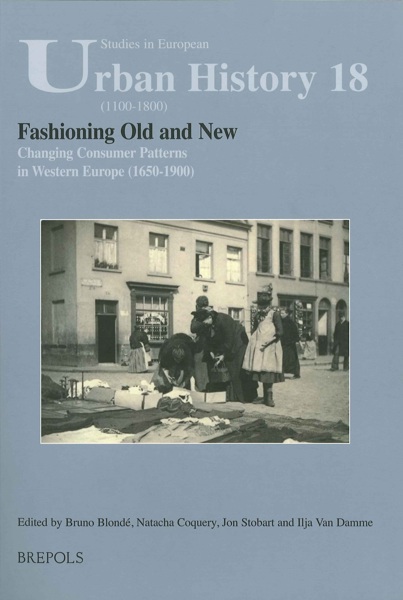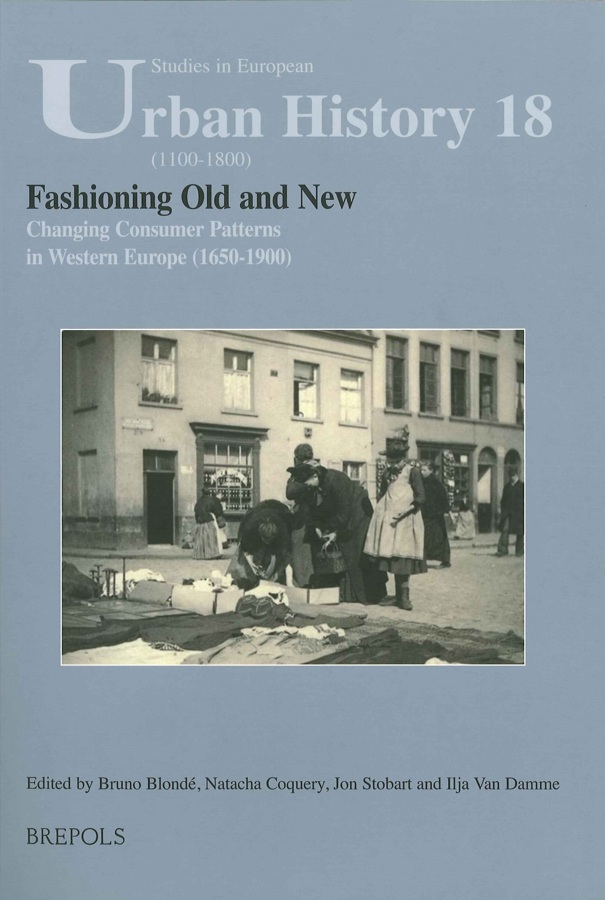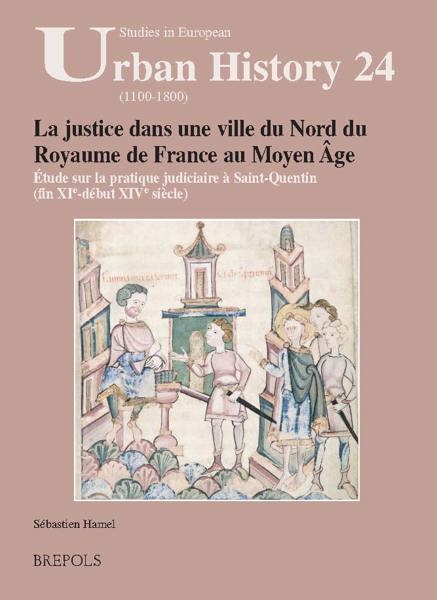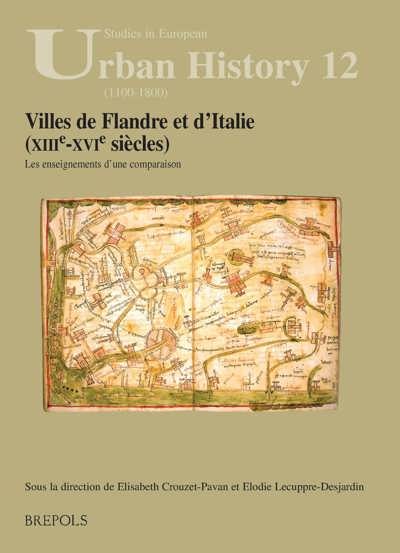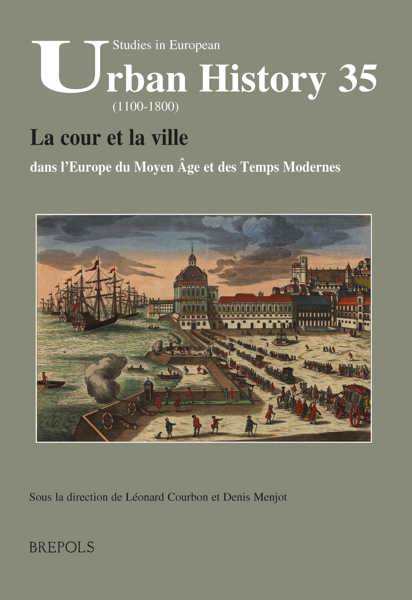
Fashioning Old and New. Changing Consumer Patterns in Europe (1650-1900)
Bruno Blondé, Natacha Coquery, Jon Stobart, Ilja Van Damme (eds)
- Pages: viii + 233 p.
- Size:178 x 254 mm
- Language(s):English
- Publication Year:2009
- € 65,00 EXCL. VAT RETAIL PRICE
- ISBN: 978-2-503-52878-6
- Paperback
- Available
- € 65,00 EXCL. VAT RETAIL PRICE
- ISBN: 978-2-503-55950-6
- E-book
- Available
In this book then the editors confront and integrate historical research on the world of the new and the old. Papers focus on the relationship between material culture and novelty, fashion and innovation on the one hand; and/or patina, second-hand and re-cycling on the other. Differences existed in the use of old and new products according to time, place, social and gender groups. By paying close attention to this historical diversity, this book explores the changing meanings and motivations of consumption. The geographical coverage will be an urban one. The studied time frame will be ‘the long eighteenth-century’ (from circa 1650 until 1900). It was only then that rapid fashion changes, new imports and spreading industrialization changed the existing material culture dramatically. However, comparisons crossing time and place do place sweeping ‘modern’ assumptions in perspective. After all: who can decipher how the concepts old and new are changing today, with the current popularity of more responsible (social and ecological) forms of consumption and recycling, and with vintage-clothing and antique furniture back en vogue?
Bruno Blondé is Research Professor at the Center for Urban History (University of Antwerp). His research interest includes urban networks, transport history and the history of consumption.
Natacha Coquery is appointed Professor at the University of Tours. She has written extensively on the shopping and consumer habits of the French elites.
Jon Stobart is appointed professor at the University of Northampton. He has worked on urban networks and consumption in spatial perspective.
Ilja Van Damme is Postdoctoral Fellow of the Fund for Scientific Research. He has written a PhD on the interrelationships between consumer changes and retail evolutions.
